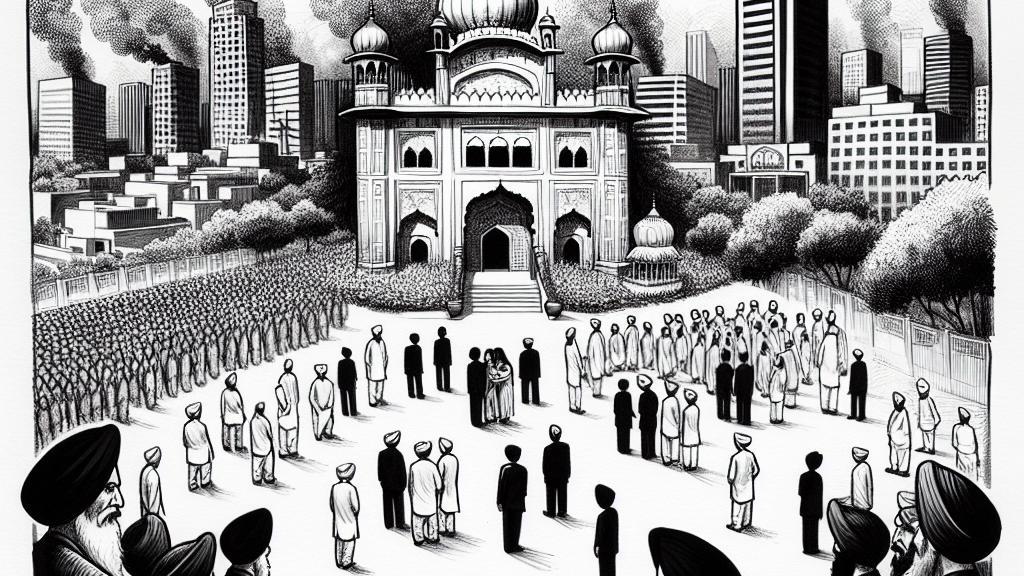Canada's Denial of Evidence Linking Modi to Violence
Overview
- Tensions soar as Canada expels Indian diplomats amid serious allegations.
- The Canadian government denies any evidence connecting PM Modi to violence against Sikh separatists.
- Public concern mounts over foreign interference and the safety of Canadian citizens.

Growing Diplomatic Tensions
The diplomatic relationship between Canada and India has reached a boiling point, particularly following the shocking murder of Sikh separatist leader Hardeep Singh Nijjar in June 2023. This event unfolded dramatically in Surrey, British Columbia, where Nijjar was gunned down outside a Sikh temple. The implications were severe, prompting Canada to expel six Indian diplomats tied to allegations of orchestrating violence against Sikh activists on Canadian soil. With approximately 771,000 Sikhs residing in Canada, these tensions are close to home, making many Canadians question how far foreign governments can go in influencing their nation’s safety and integrity. It’s a sobering realization that the actions taken in far-off places can have direct and unsettling consequences back at home.
Canada's Firm Rebuff of Allegations
Amidst swirling accusations, the Canadian government has stood resolutely against claims linking Prime Minister Narendra Modi to the violence. Deputy Prime Minister Nathalie Drouin stated unequivocally that there is no substantiated evidence indicating Modi's involvement, underscoring that suggestions to the contrary are fundamentally speculative. For instance, she pointed out that ongoing investigations have focused on the actions of Indian diplomats rather than implicating high-ranking officials like Modi or his advisors. This firm stance not only seeks to quell panic but also illustrates Canada's commitment to maintaining a sense of order and justice. By ensuring that their responses are based on verified facts and not mere rumors, Canada reaffirms its dedication to protecting the rights and safety of its citizens, especially those from marginalized communities.
Political Accountability and Community Voices
Facing relentless pressure from the public, Prime Minister Justin Trudeau has publicly referred to India’s operations as a 'horrific mistake.' During discussions, he has emphasized that India’s apparent attempts to orchestrate acts of violence in Canada to underscore a political point is an egregious affront to national sovereignty. Furthermore, Trudeau has engaged actively with the Sikh community, reaffirming his government's commitment to hearing their voices in the national dialogue. For example, he has called upon Canadian lawmakers to consider the diverse perspectives within the Sikh diaspora, fostering a sense of inclusivity in policy formation. This dynamic illustrates a crucial attempt by Canada to balance national security with diplomatic relationships while navigating the complexities of international politics. Moving forward, it is imperative that Canada remains vigilant and protective not only of its sovereignty but also of the safety and rights of its diverse communities.

Loading...